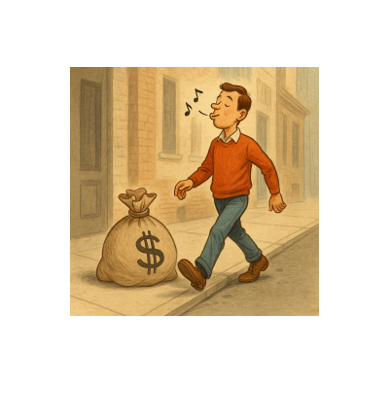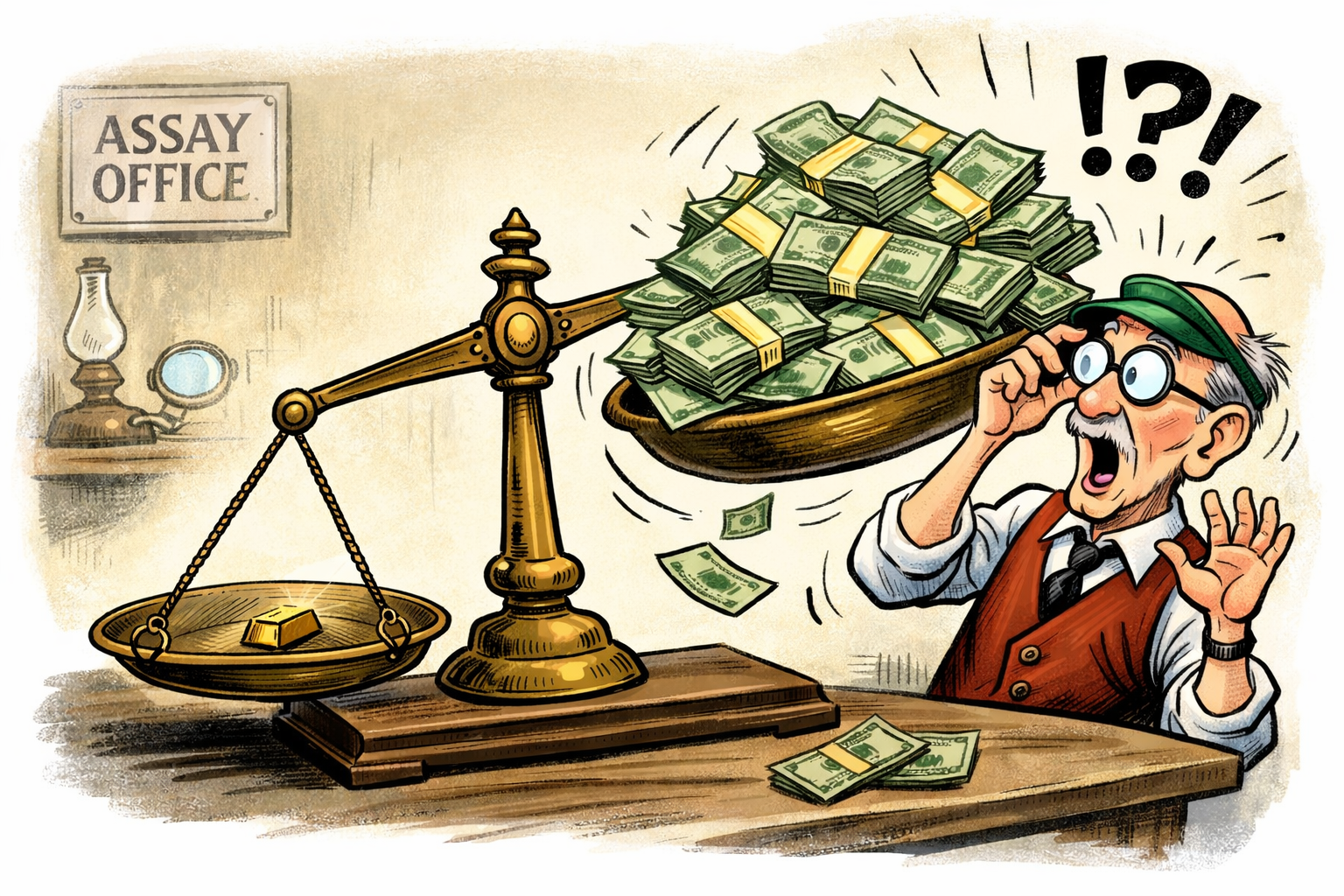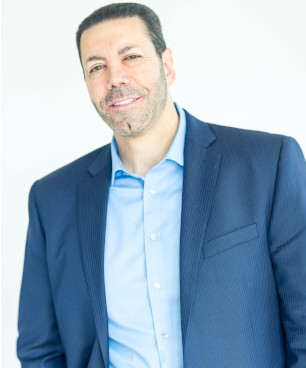Weekly Blog #15
“10,000 hours is the magic number of greatness.” Malcolm Gladwell
In his 2008 book Outliers: The Story of Success, Malcolm Gladwell popularized what became known as the “10,000-hour rule.” The premise is simple: to truly become world-class—whether in music, sports, programming, chess, or any other pursuit—one must invest roughly 10,000 hours of deliberate, focused, and structured practice. Natural talent matters, of course, but mastery is overwhelmingly a product of time, discipline, and persistence.
There are countless old sayings that echo this truth:
- “Success is 1% inspiration, 99% perspiration.” Thomas Edison
- “If people knew how hard I worked to gain my mastery, it wouldn’t seem so wonderful at all.” Michelangelo
- “Opportunity is missed by most people because it is dressed in overalls and looks like work.” Thomas Edison
Gladwell quantified the effort required for greatness but stopped short of two equally important concepts that determine not just how much time we invest, but where we invest it—our highest and best use, and the opportunity cost of every choice.
The term “highest and best use” is typically reserved for real estate—whether a property is most valuable as a single-family home, a rental, or a commercial space. Yet it’s just as applicable to one’s time. Every hour of our lives has potential value. How we allocate that time—whether toward education, professional growth, personal development, or leisure—determines the trajectory of our success and satisfaction.
Let’s quantify this in economic terms. The average person works roughly 90,000 hours over a lifetime. If someone increases the value of their time by just $10 per hour—through education, training, or skill development—that translates to an additional $900,000 in lifetime income. Increase it by $25 per hour, and that number jumps to $2.25 million. That’s the hidden multiplier of effort. It’s not just about working harder—it’s about working smarter, directing effort where it compounds. The 10,000 hours you dedicate toward mastery can either be a treadmill or a staircase; one keeps you in motion, the other lifts you higher.
Closely related is the concept of opportunity cost, arguably the most underappreciated idea in economics—and life. It’s the value of what you give up when you choose one option over another. Doctors, attorneys, and accountants understand this instinctively. If an attorney bills at $350 per hour, that’s the explicit value of their time. An hour wasted is a foregone $350. But most people don’t calculate their time so precisely. They trade hours for distractions without realizing the cost.
The person who truly understands what an hour is worth—financially and personally—is far less likely to squander it. Long lunches, endless scrolling, procrastination, or “just one more episode” all carry a measurable price tag. It’s not just about lost income—it’s lost momentum, growth, and fulfillment. Understanding opportunity cost reframes every decision. Time becomes currency. Every “yes” to one thing is a “no” to something else. And when you realize how finite those 90,000 hours are, the calculus of life changes.
Gladwell also distinguishes between casual time and deliberate practice—the difference between simply showing up and showing up with intent. A weekend golfer who spends 10,000 hours playing casually with friends may never become world-class. But a golfer who trains with focus, coaching, feedback, and measurable goals will progress exponentially faster. The same is true in business, finance, or personal development. Time spent passively “doing the job” doesn’t equate to mastery. The person who tracks performance, seeks mentorship, studies their field, and pushes outside their comfort zone transforms 10,000 hours into something far more powerful: expertise.
Those who combine deliberate effort with thoughtful allocation of time—directing their hours toward their highest and best use and understanding the opportunity cost of every decision—tend to separate themselves from the pack. Success, in that sense, isn’t accidental. It’s engineered.
Time is the great equalizer. Everyone, regardless of wealth or background, starts each day with the same 24 hours to invest. How we spend them determines everything. The “10,000-hour rule” isn’t really about a number—it’s about intentionality. It’s a reminder that mastery, fulfillment, and success are earned one focused hour at a time. You don’t need to outwork the world—you need to outthink it. Know where your hours go, what they’re worth, and what they’re building toward.
The real question isn’t whether you’ll spend 10,000 hours on something—it’s on what. And if you direct those hours toward your highest and best use, with clarity of purpose and respect for the value of your time, the result isn’t just success. It’s mastery of your craft—and ownership of your life.
Mark Lazar, MBA
CERTIFIED FINANCIAL PLANNER™









